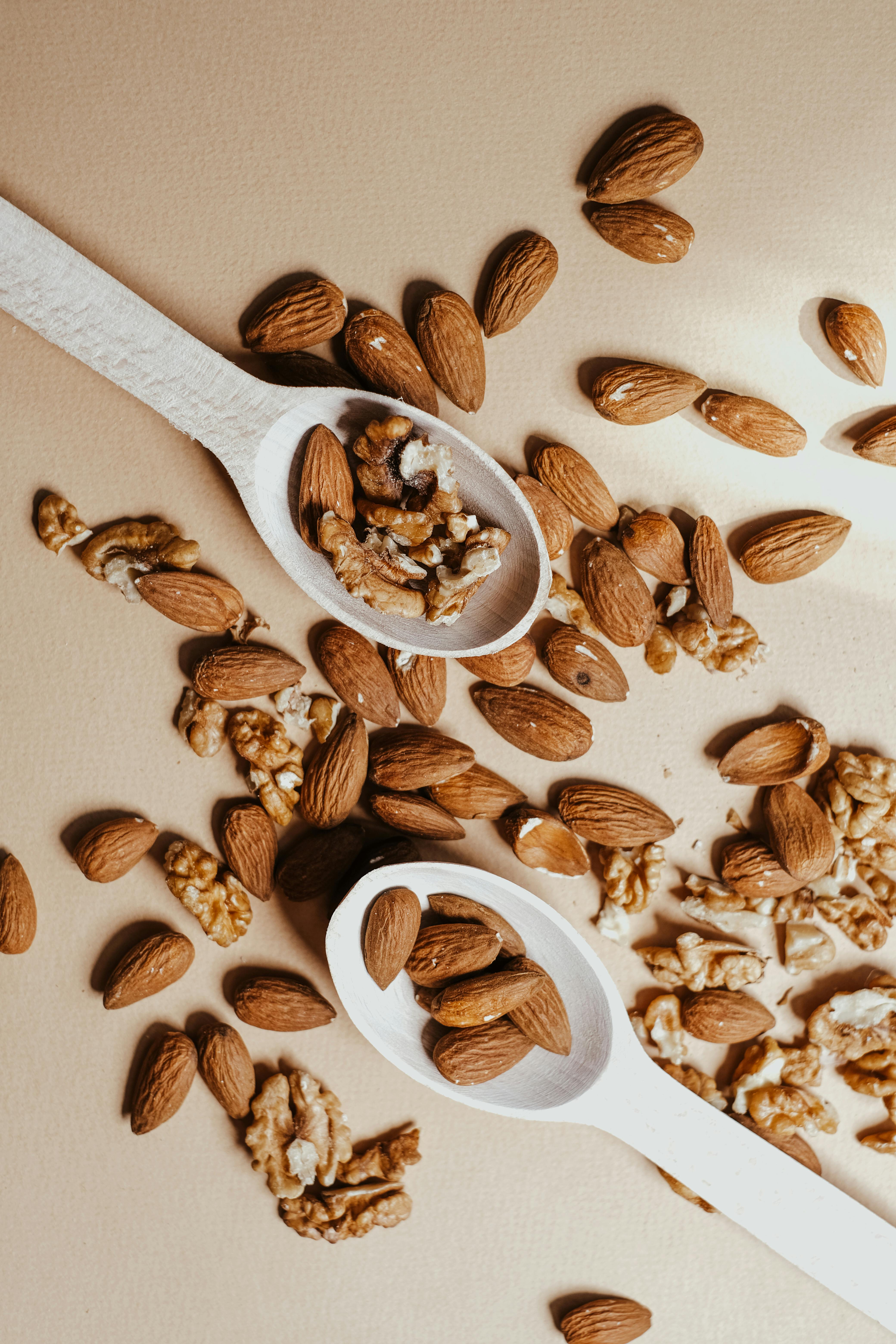
Effective Ways to Prevent UTI After Sex: Essential Tips for 2025
Urinary tract infections (UTIs) can be uncomfortable and inconvenient, especially for sexually active individuals. Understanding preventing UTI after sex is paramount for maintaining urinary health. In this guide, we will explore essential UTI prevention tips to help you reduce your risk of urinary tract infections following sexual activity. By implementing effective strategies and habits, you can enhance your overall urinary health and enjoy a worry-free intimate life.

Understanding UTI Causes and Risk Factors
To effectively combat UTIs, it’s essential to first understand the causes and risk factors associated with them. UTIs occur when bacteria enter the urinary tract, often due to intimacy and sexual activity. Factors like hygiene practices for UTI, hydration levels, and anatomical predispositions can increase risk. For instance, post-coital urination is a simple yet powerful practice that can help flush out bacteria immediately after intercourse.
Common Myths About UTIs
Many misconceptions surround UTIs and their connection to sexual activity. One common myth is that only women can get UTIs. While females are at a higher risk due to anatomy, men can also experience urinary tract infections. It’s crucial to differentiate between myths and facts to enhance our knowledge of urinary health and to practice safe sex practices accordingly.
The Role of Hygiene and Hydration
Practicing good hygiene and staying hydrated plays a significant role in UTI prevention. Post-sex, it is advisable to clean the genital area properly to reduce bacteria. Using mild, unscented soap may help maintain a balance in natural flora and prevent irritation. Meanwhile, maintaining adequate hydration, or emphasizing the importance of drinking water, is vital as it helps dilute urine and flush out potential irritants from the bladder.
Recognizing UTI Symptoms
Being aware of UTI symptoms can aid in early detection and treatment. Common signs include burning sensations during urination, frequent urges to urinate, and cloudy urine. Recognizing early UTI symptoms allows individuals to seek medical advice promptly, thereby mitigating further complications. Understanding these symptoms is part of a broader strategy for managing urinary health post-sex.
Best Practices After Intercourse
Implementing effective UTI prevention strategies immediately after sexual activity is crucial for reducing infection risks. There are specific practices that can be seamlessly incorporated into your post-intercourse routine.
Post-Coital Urination
One of the best practices after intercourse is urination. This is particularly important in females, as it helps flush out bacteria introduced during sexual activity. Encouraging a habit of using the bathroom after sex can significantly lower the likelihood of developing a urinary tract infection.
Hydration and Diet Considerations
Maintaining proper hydration is key in preventing UTIs. Consistently drinking plenty of fluids, especially water, can help dilute the urine and prevent the proliferation of bacteria. In addition, incorporating foods like cranberries or using cranberry juice benefits may contribute to bladder health tips and may help inhibit bacterial growth. It’s important to remember that dietary changes such as these can enhance overall urinary health.
Hygiene Practices and Options
The importance of having a personalized hygiene routine cannot be overstated. Using gentle soaps and avoiding irritants such as douches and scented wipes can maintain the natural flora in the genital area. When choosing products, look for formulations that are specifically designed for feminine hygiene, ensuring cleanliness without disruption of natural balances.
Lifestyle Changes for UTI Prevention
Adopting certain lifestyle changes can make a significant difference in UTI prevention strategies. From dietary adjustments to behavioral modifications, here are some wellness tips aimed at enhancing urinary health.
Avoiding Potential Irritants
Taking note of daily habits that might increase UTI risk is essential. This includes being mindful of irritants like tight clothing, scented products, and even particular contraceptive methods that can increase susceptibility to infections. By promoting open discussions about sexual health and hygiene, partners can collaboratively minimize risks.
Regular Urination Habits
Establishing regular urination practices throughout the day can also contribute to urinary health. Avoiding the urge to hold in urine for extended periods can help keep the urinary tract clear and functioning properly. It’s a simple yet effective practice that makes a big difference in comfort and health.
Probiotic Supplements and Their Benefits
Incorporating probiotic supplements into your diet can be beneficial for maintaining a healthy balance of flora in the urinary tract. Probiotics are known to support urinary tract health by inhibiting the growth of harmful bacteria and promoting overall gut health, which is crucial in reducing UTI occurrences.
Key Takeaways
- Post-coital urination can significantly lower the risk of UTIs.
- Maintaining hydration and diet are key components in UTI prevention.
- Choosing the right feminine hygiene products is crucial for personal care.
- Regular urination habits and lifestyle choices play an important role in urinary health.
- Probiotics can enhance urinary tract health and prevent infections.
FAQ
1. How does hydration impact UTI prevention?
Hydration is pivotal in UTI prevention as it helps dilute the urine and flush bacteria out of the urinary tract. Drinking adequate amounts of water promotes frequent urination, which assists in driving out any harmful pathogens, thereby reducing the risk of infections.
2. Is it necessary to urinate immediately after sex?
Yes, urinating after sex is highly recommended. This simple act helps clear out any bacteria that may have entered the urethra during sexual activity, effectively reducing the chances of developing a urinary tract infection.
3. Are there specific foods that can help prevent UTIs?
Yes, certain foods can enhance urinary health. Foods high in antioxidants, such as cranberries, are beneficial because they contain compounds that can prevent bacteria from adhering to the bladder walls. Additionally, hydration through adequate fluid intake supports overall bladder health.
4. What role does personal hygiene play in UTI prevention?
Personal hygiene is crucial in preventing UTIs. Maintaining cleanliness before and after sexual intercourse can help minimize the chance of bacteria entering the urinary tract. Utilizing fragrance-free cleansing products can further support urinary health.
5. How can lifestyle choices affect UTI risk?
Lifestyle choices such as fluid intake, hygiene habits, and even clothing choices can greatly affect UTI risk. Wearing breathable fabrics, drinking sufficient water, and practicing safe sex can contribute to lowering the likelihood of urinary infections.
